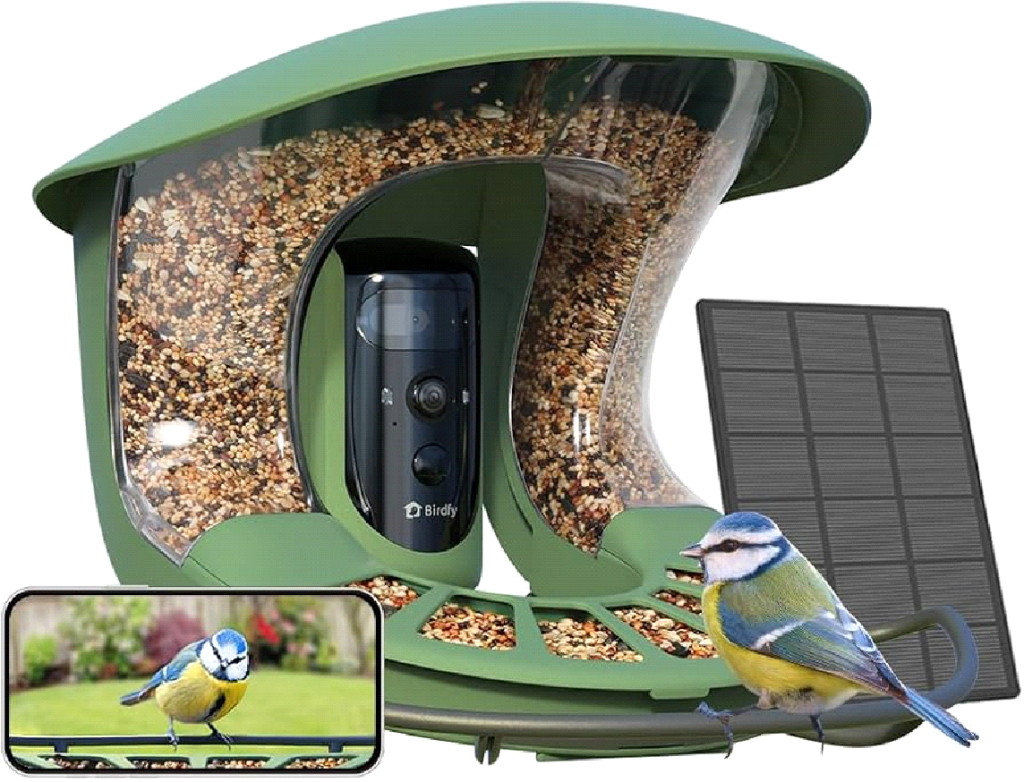As a business owner, you don’t need to run a seasonal business to benefit from seasonal marketing. From Valentine’s Day to Halloween, Easter to Christmas and the back-to-school rush, there are countless opportunities to attract and retain customers. By tapping into holidays, special events and seasonal trends, business owners can create targeted campaigns that resonate with their audience and drive revenue throughout the year.
Consumers are often more responsive to promotions, discounts and themed products or services during key seasons. So, aligning marketing efforts with these trends creates a sense of urgency and excitement, encouraging customers to make purchases.
What is Seasonal Marketing?
Seasonal marketing is a strategy where businesses align their promotional efforts with specific holidays, events or seasonal changes. This approach leverages consumer behaviour trends during peak periods when spending typically increases. Whether it’s a retailer offering special Christmas promotions or a restaurant creating a themed menu for Valentine’s Day, seasonal marketing enables businesses to stay relevant and drive engagement.
The Benefits for Businesses
Seasonal marketing plays a crucial role in helping businesses maximise their revenue potential. Consumers are more inclined to spend during key seasonal events, making it an ideal time for businesses to boost sales. Seasonal campaigns provide opportunities for brands to connect with their audience on an emotional level, enhancing customer engagement. By executing creative and timely marketing strategies, businesses can also strengthen brand awareness and create customer loyalty, ensuring they remain top-of-mind throughout the year.
Another advantage is the sense of urgency it creates. Limited-time promotions tied to seasonal events encourage quick decision-making and impulse purchases, driving immediate sales. Unique and well-executed seasonal campaigns help businesses differentiate themselves from competitors, allowing them to attract and retain more customers. By leveraging these benefits, businesses can make the most of seasonal trends and maximise their overall success.
Seasonal Opportunities
Throughout the year, Australia has various seasonal marketing opportunities that businesses can tap into. These include:
New Year
The new year is the time for New Year’s resolutions that drive consumer interest in health and fitness, holistic and general wellness and self-improvement products. Businesses can use the start of the new year to promote gym memberships with sign-up extras, discounts on health supplements and organisational tools such as journals. Retailers and hospitality businesses can also use this period to offer promotions on summer holiday sales.
Christmas
Christmas is one of the biggest retail periods of the year. Consumers are on the lookout for gifts, decorations and festive experiences. Businesses can leverage Christmas sales by offering special promotions, themed products and gift bundles. Companies that sell physical products can partner with local suppliers to stock up on festive items.
Easter
The most solemn event on the calendar, Easter, is one of the busiest times of the retail calendar. Retailers can focus their campaign strategies during this period with Easter themed promotions such as gift bundles, children’s accessories or discounts on chocolates.
Mother’s Day & Father’s Day
These occasions provide an opportunity for retailers, florists and hospitality businesses to create targeted campaigns. A business wanting to focus its campaign on Mother’s Day could look to suppliers who offer wholesale Mother’s Day gifts in Australia to stock gifts in their own stores and drive customers to them. Similarly, restaurants can offer exclusive dining experiences, while brands selling personalised gifts can promote unique offerings.
Halloween
Halloween has become increasingly popular in Australia, and it is now a multimillion-dollar holiday. This presents opportunities for costume retailers, party supply stores, food businesses and bars and clubs to capitalise on the ever-growing popularity. Businesses can engage customers with themed social media content, contests, and Halloween-inspired product lines.
Black Friday & Cyber Monday
What was a US event only, Black Friday and Cyber Monday have grown so much in popularity in Australia that they are the biggest spending days on the calendar, exceeding Boxing Day. These sales-driven days encourage online and in-store shopping with significant discounts and deals. Businesses can plan their campaign by creating attractive offers, limited-time discounts and online-exclusive promotions.
How to Create a Successful Seasonal Marketing Campaign
1. Plan Ahead
Before contacting suppliers, start planning your seasonal campaigns well in advance. Research key dates, trends relevant to your industry and develop a content calendar to ensure smooth execution. Research your competitors and see what they are doing and what campaigns they have done previously.
2. Understand Your Audience
Knowing what your customers are looking for during seasonal events will help your campaign. Analyse past sales data, social media metrics, SEO data such as keywords and customer feedback to tailor your campaigns accordingly.
3. Create Special Offers and Discounts
Customers are more likely to make purchases or spend more in-store when they see added value. Offer exclusive discounts, limited-time promotions or bundled deals to entice customers to spend a little more.
4. Leverage Digital Marketing
Social media is not just for posting pictures and news updates. Businesses can tap into their target audience by harnessing the power of social media, email marketing and Google Ads to promote their seasonal campaigns. Create engaging content, such as themed blog posts, festive videos and interactive social media challenges, to boost engagement.
5. Have Sufficient Stock Levels
If your business sells physical products, ensure you have adequate stock to meet demand. Source and partner with reliable suppliers to source seasonal items and prevent stock shortages.
6. Optimise Your Website for Seasonal Traffic
Customers are more likely to stay longer on your website if it is set up properly. Update your website with seasonal landing pages, banners and product highlights. Ensure your site is mobile-friendly and can handle increased traffic during peak periods.
7. Use Storytelling in Your Campaigns
Storytelling is a tried and tested method in marketing as emotion-driven marketing resonates with consumers. Craft compelling brand stories around seasonal themes to create meaningful connections with your audience.
8. Monitor Performance
Monitor the success of your seasonal campaign using analytics tools. Identify what worked well, what didn’t and refine your approach for future seasonal marketing efforts.
Set Your Campaign Up for Success
Seasonal marketing is a powerful marketing strategy that allows business owners to set up sales campaigns during peak shopping periods that help enhance customer engagement and boost sales. By planning early, understanding consumer behaviour and utilising digital marketing and social media, businesses can create impactful campaigns that drive success and maximise business growth.





















